Masarat
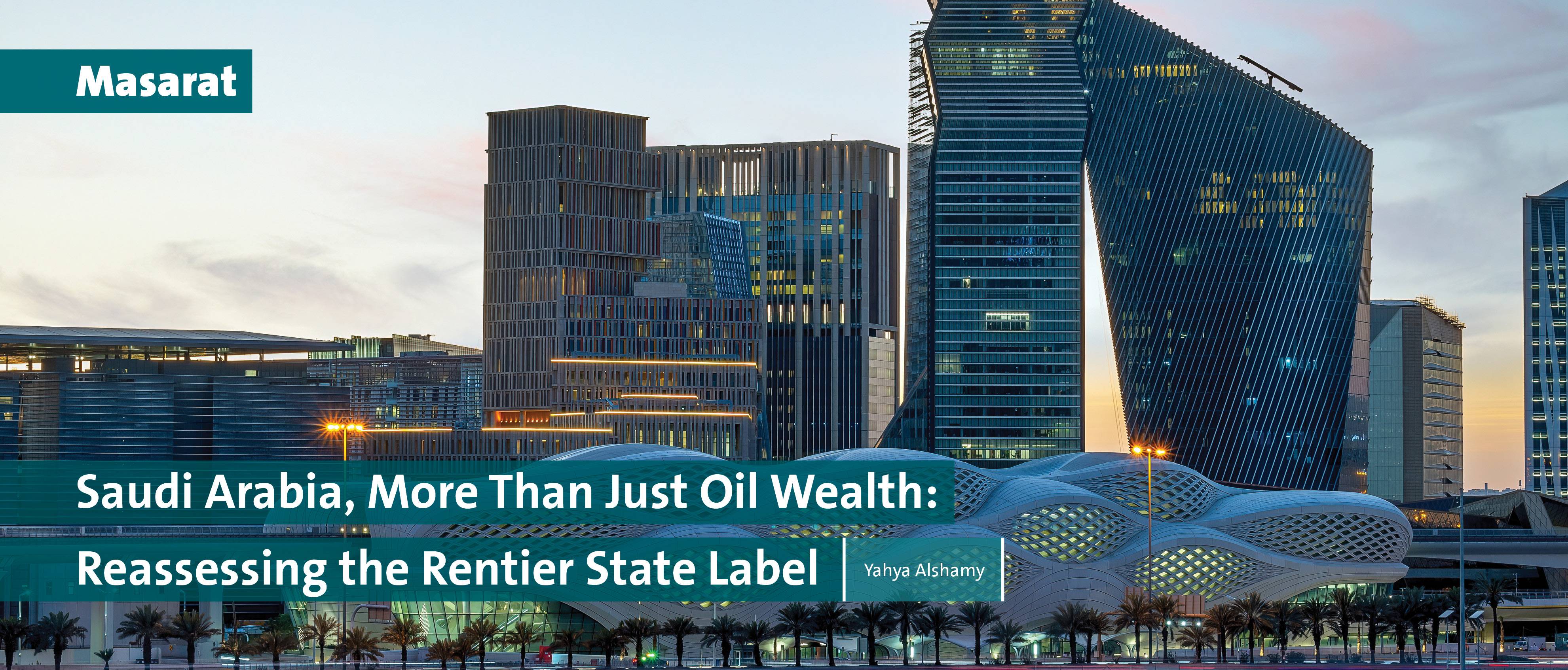
Number:
Author: Yahya Alshamy
Traditionally, Saudi Arabia has been characterized as a quintessential rentier state, reliant on natural resource rents to sustain its economy, fund its welfare system, and maintain political stability. Previous rentier state literature studying the Gulf has emphasized Saudi Arabia’s dependence on oil income, which allowed it to function with minimal taxation and limited economic diversification. However, since the launch of Vision 2030 in 2016, Saudi Arabia has embarked on a large-scale governmental program of reform aimed at diversifying its economy, reducing dependence on oil, promoting private sector growth and foreign investment, and restructuring the labor f
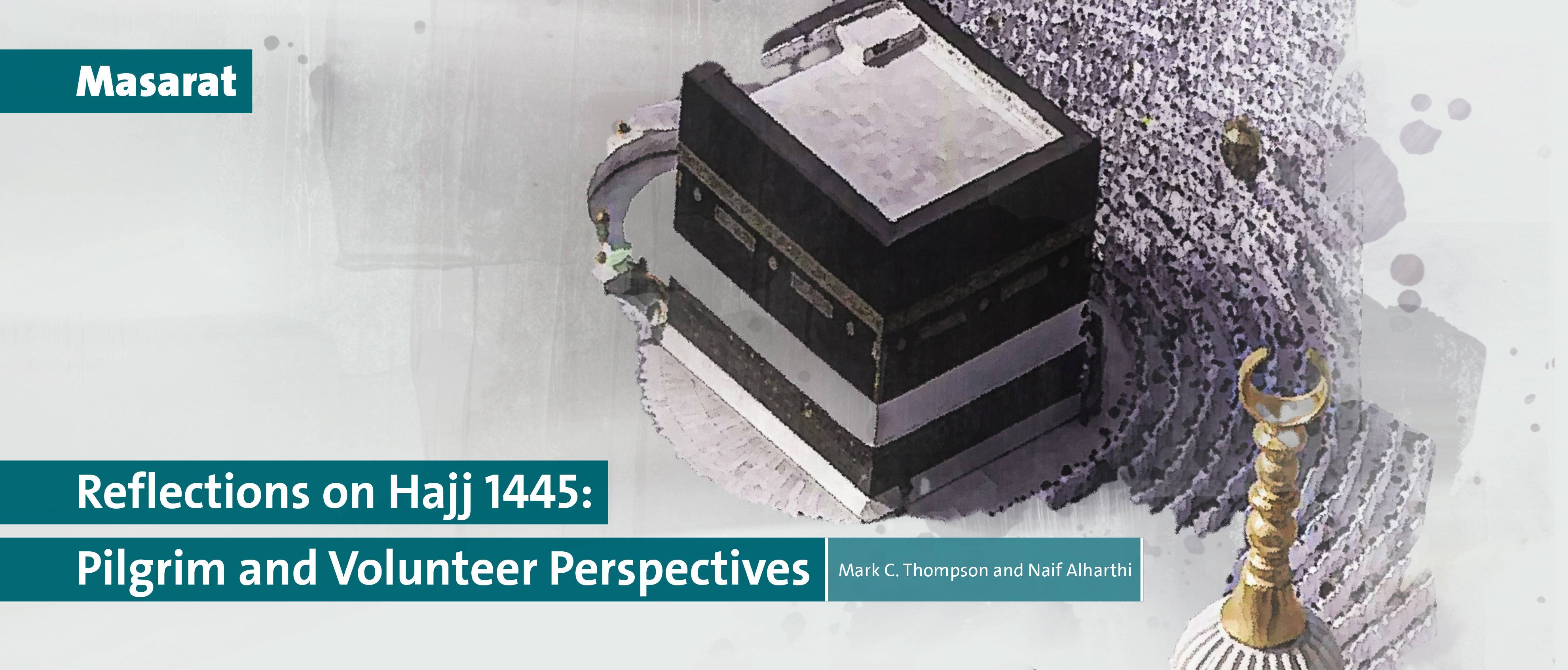
Number:
Author: Mark C. Thompson and Naif Alharthi
Hajj is the pilgrimage to the holy city of Makkah, which every adult Muslim must make at least once in his or her lifetime. A person who leaves their home for Hajj is considered to be in a state of pilgrimage until they return home and is thus considered a guest of Allah for the entire duration of their journey. Because it thus provides spiritual cleansing and mental rejuvenation, every Muslim wishes to participate in this journey. Completing the pilgrimage is often described as a profoundly transformational experience, or—to use the popular term—“the journey of a lifetime.” In truth, the significance, scale, and intensity of the Hajj cannot be o
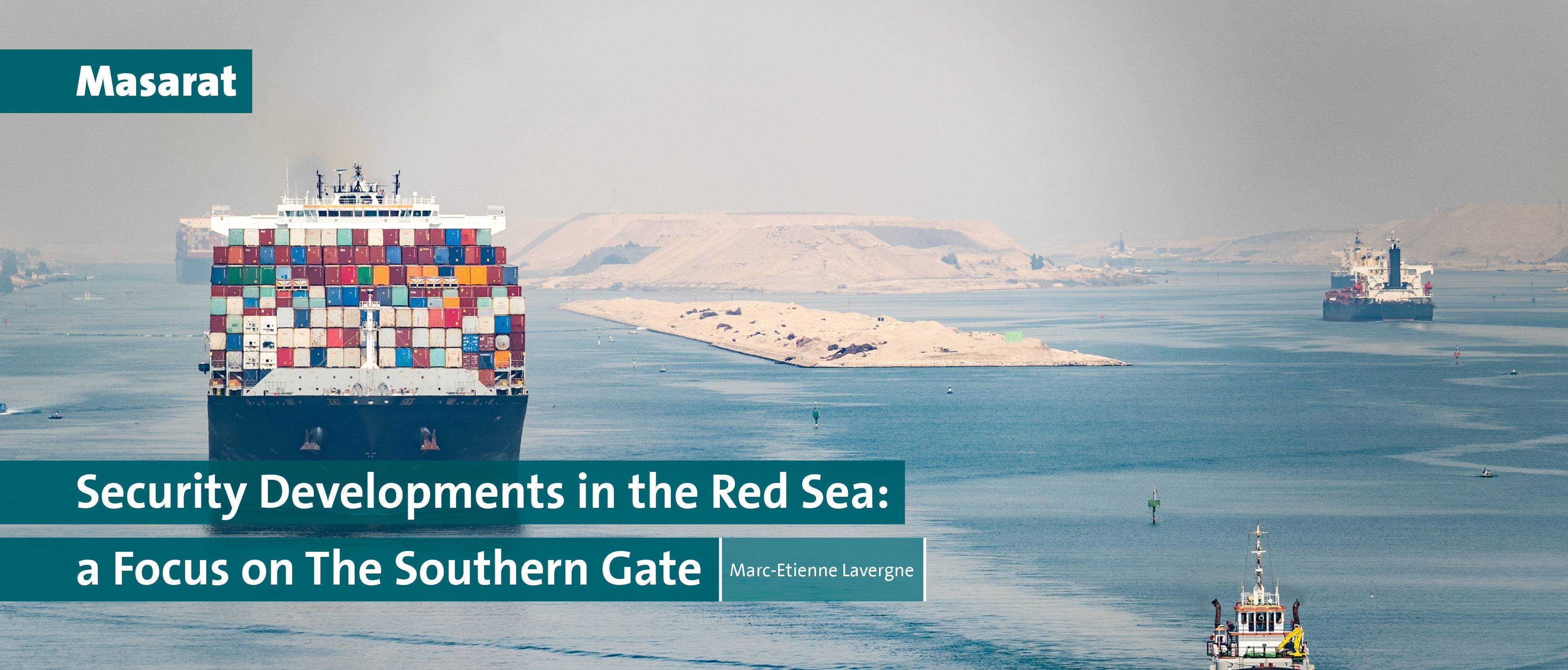
Number:
Author: Marc-Etienne Lavergne
This study examines the southern region of the Red Sea through a comparative analysis of its two shores. The initial description outlines the physical environment, characterized by elevated mountains flanked by arid coastal regions on either side. Somalia and Yemen serve as battlegrounds for local forces, comprising either traditional movements rooted in tribal affiliations or newer factions categorized as terrorists, operating under various Islamic identities (e.g., Al Shebab, Houthis).
A comparison of the operating modes of these groups in the Red Sea and surrounding areas is presented, focusing on high sea piracy in Somalia and drone and missile attacks on vessels in Yemen.&nbs
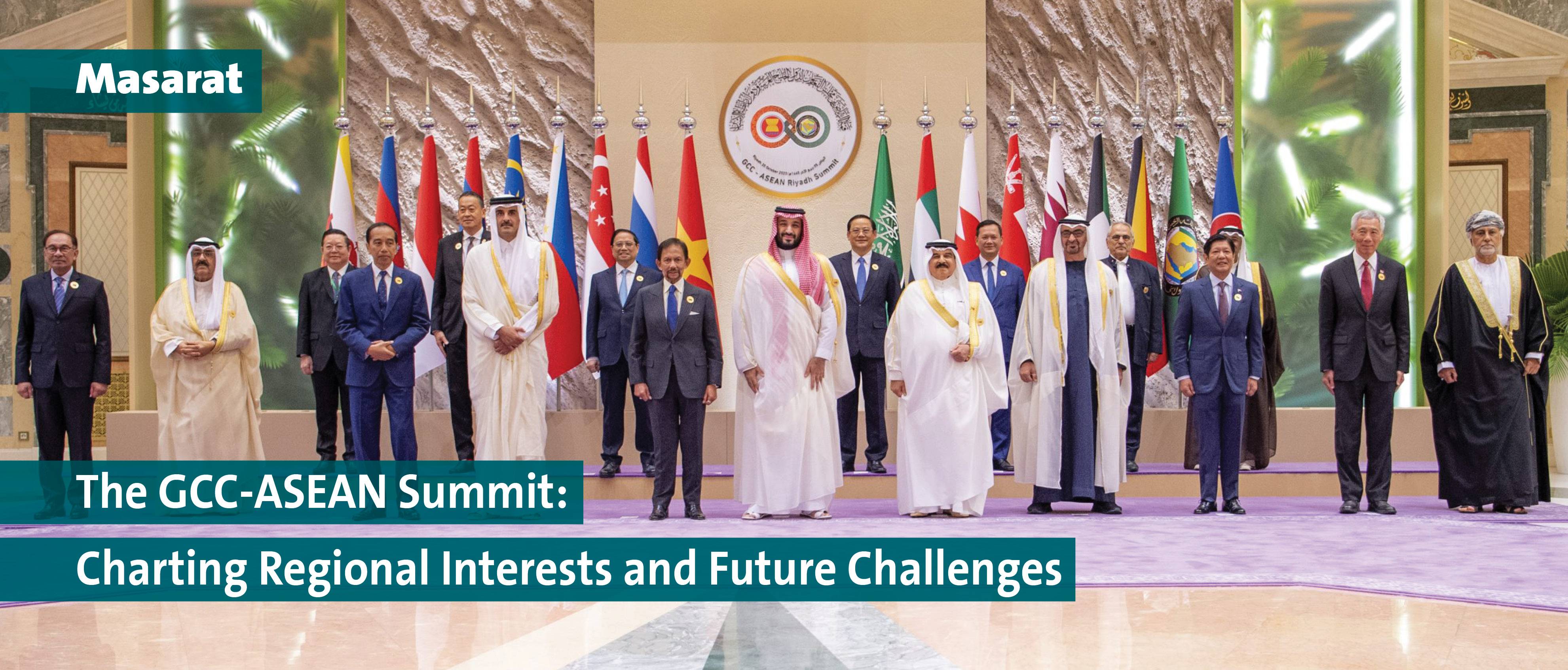
Number:
Author:
The report provides an analysis the GCC-ASEAN summit held in October 2023. Divided into three sub-sections, the first examines the multilateral and individual factors that catalyzed the convening of this inter-regional gathering, scrutinizing it from an ASEAN-centric perspective. Second, it goes on to consider how the summit was received by different ASEAN member states (specifically, Malaysia, Thailand, Singapore, and Laos) – showcasing how national priorities have played a role in their desire to build stronger ties with the GCC. Finally, the report highlights some of the challenges that necessitate attention from policymakers if inter-regional engagement is to be sustai
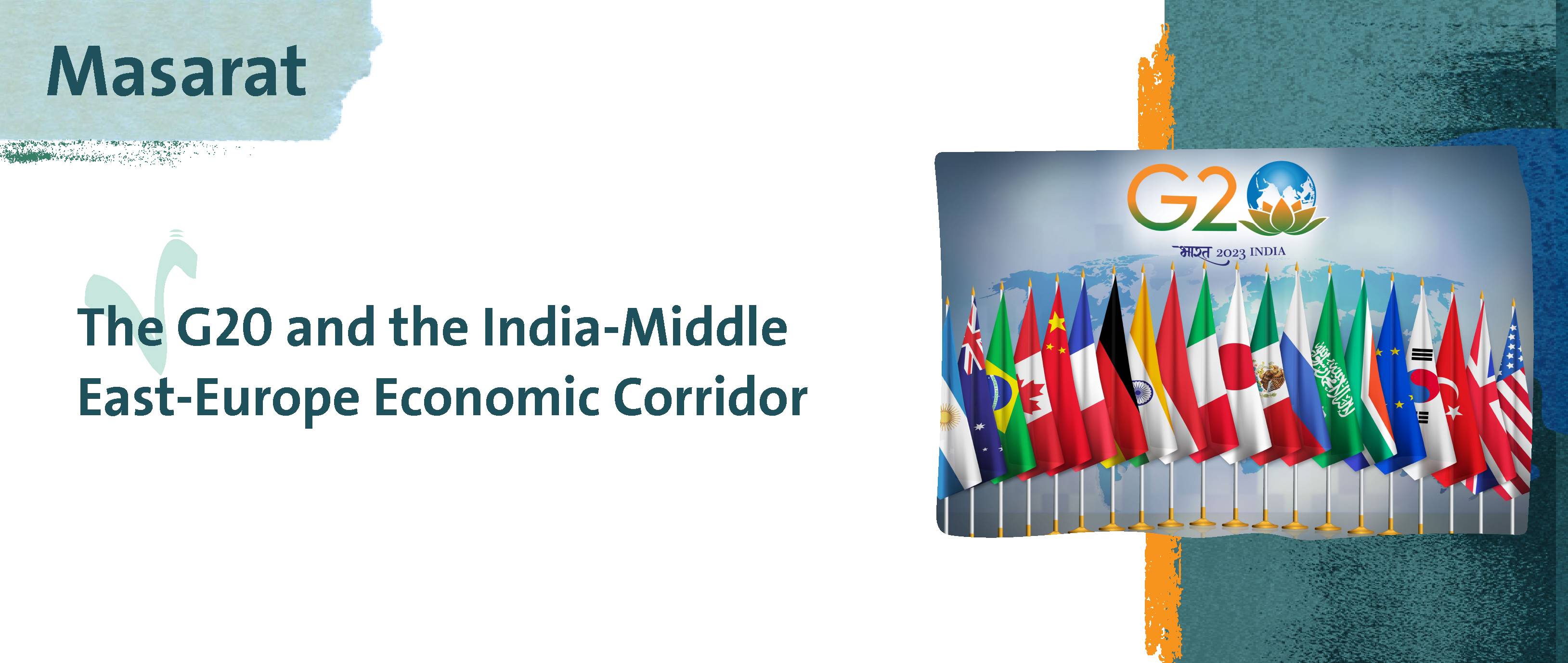
Number:
Author:
The report examines the geopolitical factors that have spurred the announcement of the India-Middle East- Europe Corridor (IMEEC). Promoted by the United States, India, and the core states of the European Union (France and Germany), IMEEC is being forwarded as an infrastructural and logistical alternative to China’s Belt and Road Initiative. The report evaluates the opportunities and limitations arising from the IMEEC initiative, and argues that it should be primarily viewed as a narrative-building exercise. While positively synergizing with such an initiative is necessary, the report stresses that the Kingdom’s interests lie with focusing on domestic reform and impr
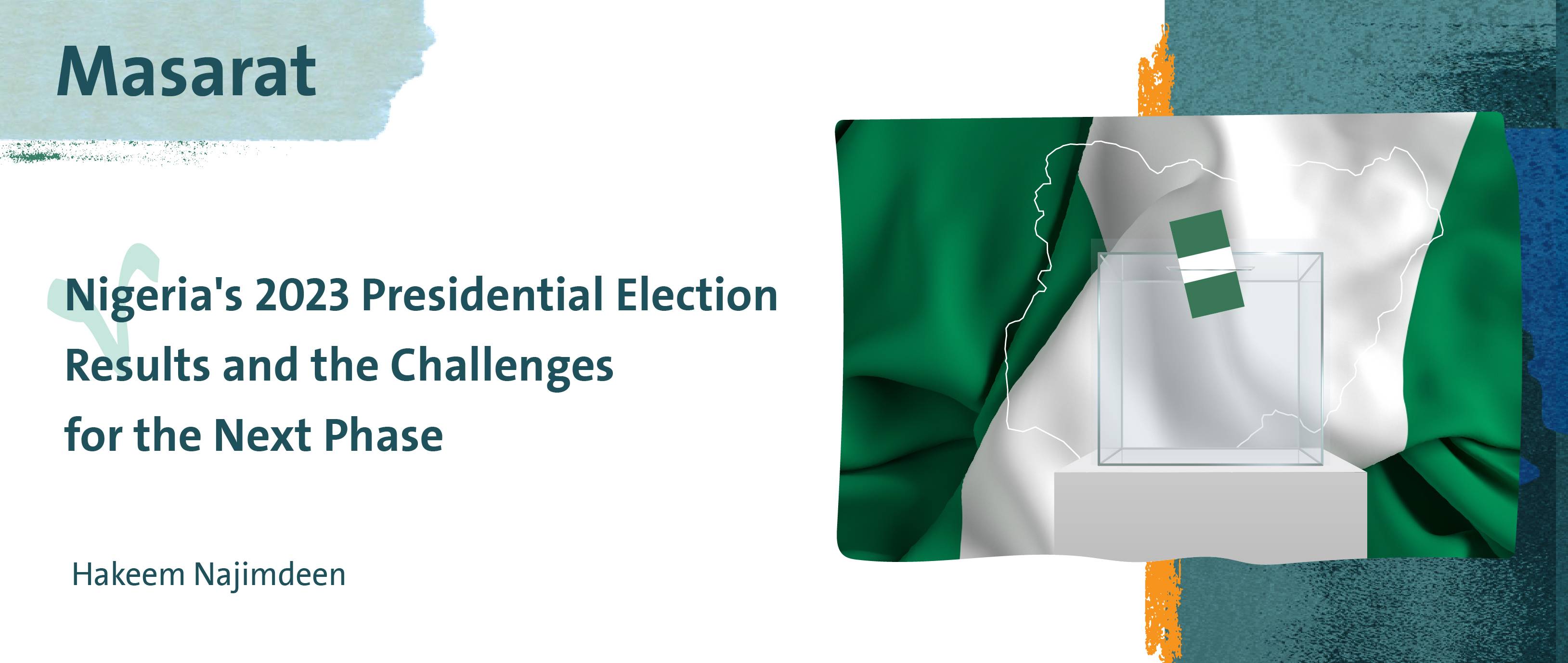
Number:
Author: Hakeem Najimdeen
This publication is currently available only in Arabic. Its English version is currently under translation.
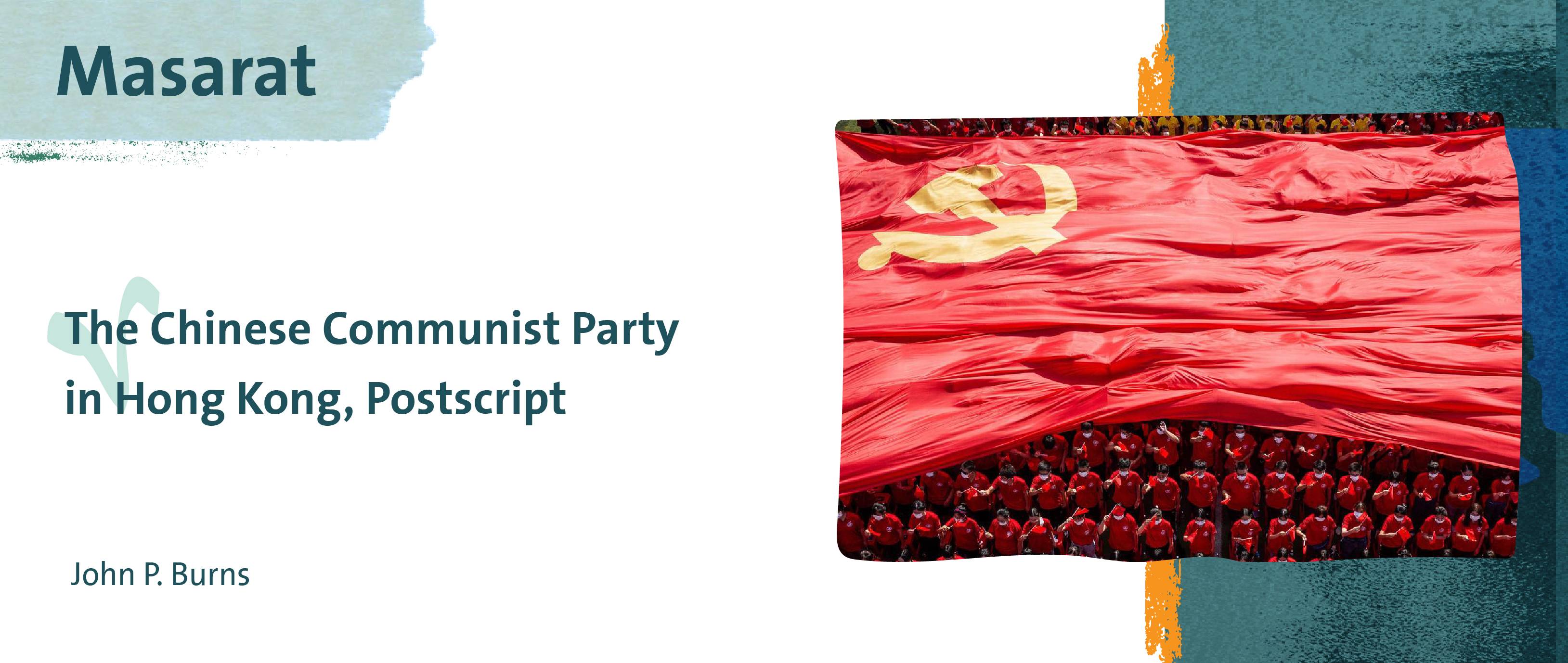
Number:
Author: John P. Burns
*This paper is a follow-up of the report published in 2022.
The role of the Chinese Communist Party (CCP) in the governance of Hong Kong cannot be overstated. The party was a constant presence in late colonial Hong Kong, wielding outsized influence in the territory through the united front. The party had considerable mobilizational power. China’s Leninist politicians drafted the Hong Kong Basic Law.The Basic Law laid down Hong Kong’s political institutions, grafted onto unreformed colonial, political, legal, and economic institutions and social structure that continued well beyond 1997. Indeed, 24
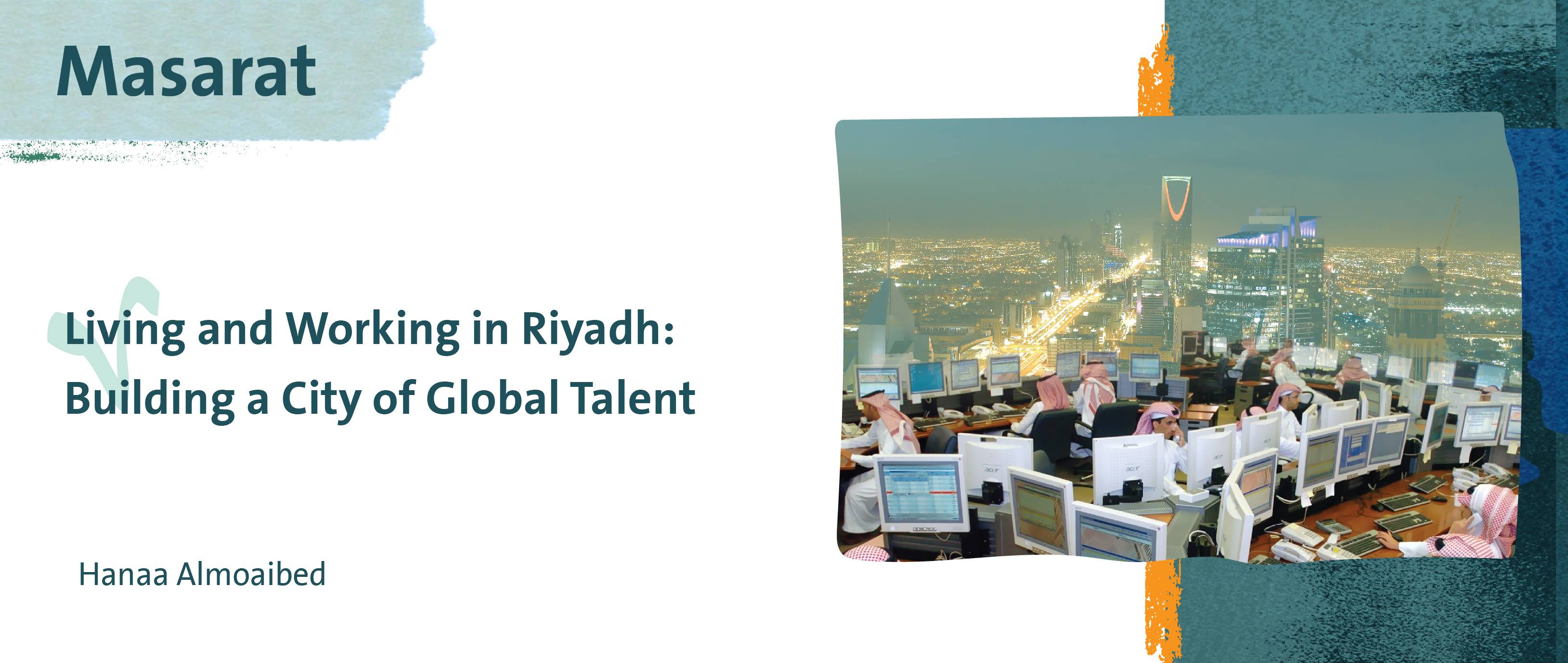
Number:
Author: Hanaa Almoaibed
Since the launch of Saudi Vision 2030 in April 2016, several initiatives to develop Riyadh have been announced and many have become cornerstones of the capital’s identity. New entities, initiatives, strategies, and policies have been developed to maximize both hard (geography, natural characteristics) and soft (infrastructure, economy, society) features of the city. While these initiatives will inevitably have economic effects both locally and across the country, this article discusses how these transformations and developments influence Riyadh’s attractiveness to talent from other cities and from abroad. When considering factors that make a location attractive, econ
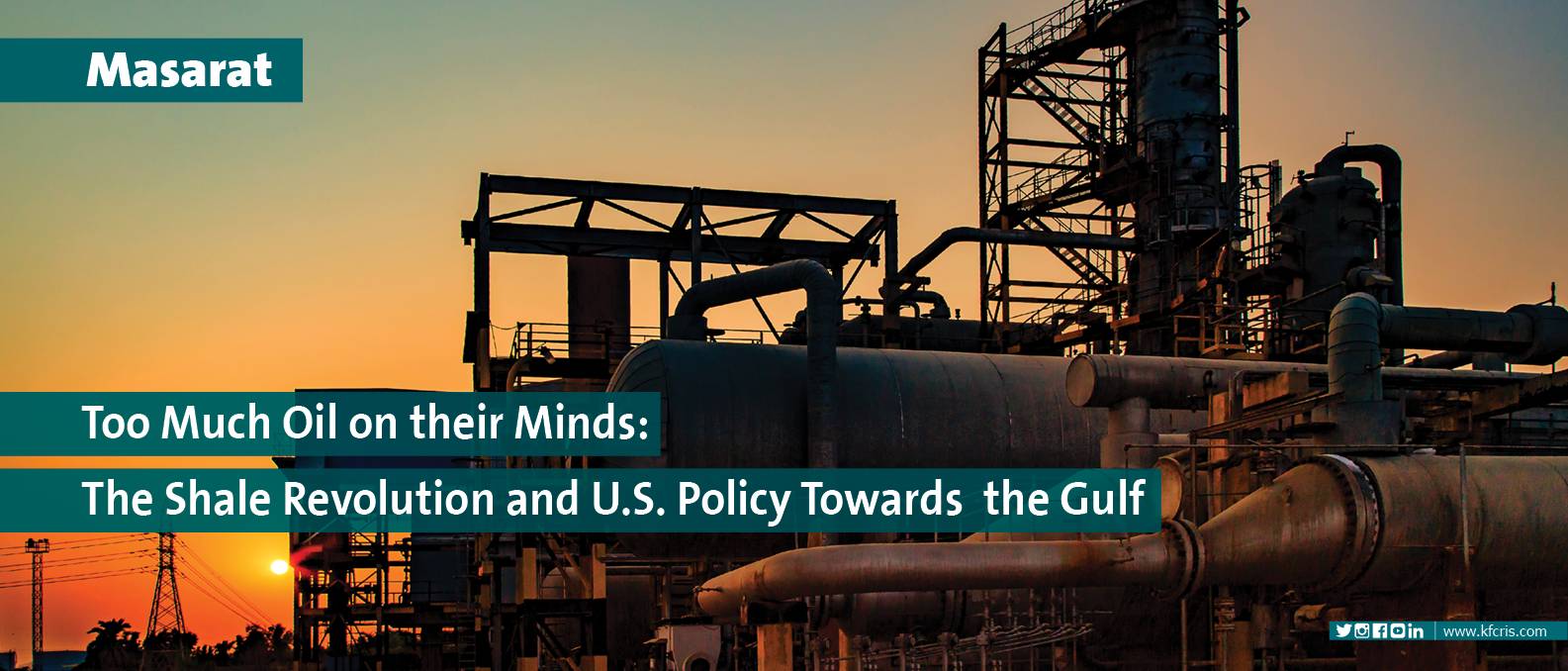
Number: 42
Author:
This Masarat briefing seeks to determine whether the “shale revolution,” which has been unlocking vast new oil reserves in the United States, has prompted a reassessment of long-standing U.S. policies designed to ensure access to oil supplies as well as relationships with

